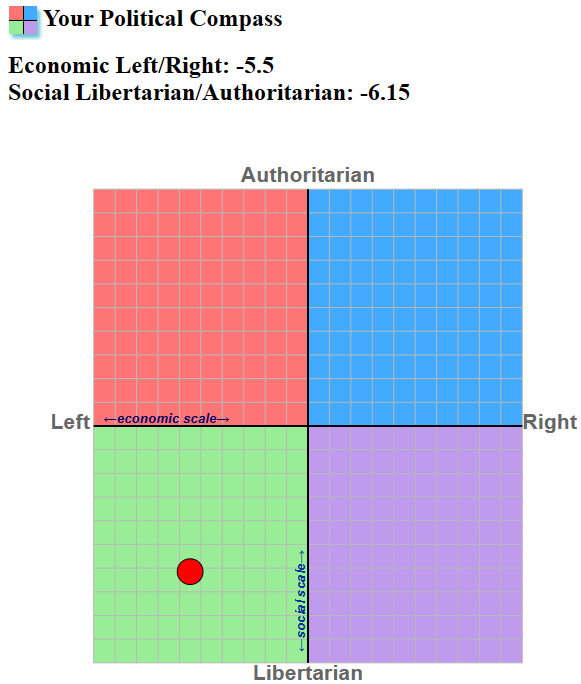In his “1984”, Eric Arthur Blair, better known under the pen name George Orwell, at one point has the protagonists reading a book about the history of oligarchical collectivism, the dominant ideology of the totalitarian “IngSoc” regime of Oceania. They read,
Throughout recorded time, and probably since the end of the Neolithic Age, there have been three kinds of people in the world, the High, the Middle, and the Low […] The aims of these three groups are entirely irreconcilable. The aim of the High is to remain where they are. The aim of the Middle is to change places with the High. […] For long periods the High seem to be securely in power, but sooner or later there always comes a moment when they lose either their belief in themselves or their capacity to govern efficiently, or both. They are then overthrown by the Middle, who enlist the Low on their side by pretending to them that they are fighting for liberty and justice. As soon as they have reached their objective, the Middle thrust the Low back into their old position of servitude, and themselves become the High.
So here is the thing: Liberal democracy is an aberration. An outlier. A period in history with no real “High”. We have no emperors, Kaisers, Caesars or Sultans. Monarchs, maybe, but mere figureheads in constitutional monarchies, not tyrants. In places like Canada, the United States, Western Europe and many other parts of the world, only the Middle and the Low exist. To be sure, the Middle can still be pretty darn powerful: political dynasties, tycoons and captains of industry, even public figures like media personalities wield substantial power. But their might is constrained by the system of institutions that we call liberal democracy: rule of law, freedom of enterprise, freedom of conscience, civil liberties or the separation of powers among them.
But this is not good enough, just not good enough for many among the elites of the Middle. They want more. Always more. And they fight. Throughout much of history, their enemy was the High. But in a liberal democracy, it is now the system of institutions that they fight against. Yet the tactics are the same. They enlist the Low. Don’t trust the system, they tell the Low. Elections are fake. Judges are corrupt or biased. Government lies to you. The rule of law is “weaponized”, they assert. Whatever it takes… but the real objective is to abolish the very constraints that prevent the Middle from becoming the new High.
And they are succeeding. Just look at the range of countries that are now on lists characterizing their retreat from democracy. Look at all the populists who are systematically undermining key pillars of liberal democracy, such as freedom of the press, the independence of the judiciary, even the electoral process. Will they succeed? I’d argue that they already succeeded in a number of countries and they are well on their way to success in many other places.
Liberal democracy, after all, is not a normal state of affairs for humanity. It’s an exception. It is no accident that some of the greatest 20th century writers of science-fiction, such as Isaac Asimov or Frank Herbert, did not envision a democratic future. Asimov’s future in Foundation was a monolithic Galactic Empire that persisted for well over 10,000 years. Herbert’s Dune similarly envisioned a feudal society.
And if history is any guide, when the would-be tyrants succeed, they all too often will continue to maintain a semblance of democracy. After all, for centuries following the demise of the Roman Republic, emperors continued to issue decrees and coins bearing the acronym SPQR, Senatus Populusque Romanus, falsely suggesting that Rome is still governed by a Senate that answers to the people, not by an all-powerful emperor. But this is just a cheap conjurer’s trick to assure the masses, the Low: All that is being done is done for them, and in their name.
Here’s My Brightest Diamond, singing about High Low Middle. Not sure if they were inspired by Orwell, but it’s strangely appropriate.



